Presenters
This presentation provides a comprehensive overview for educators on the academic integrity challenges and considerations surrounding AI use by students.
It begins by demonstrating that modern AI tools can perform high-level cognitive tasks across all levels of Bloom’s Taxonomy—from “Remembering” to “Creating.” This establishes the central challenge: if students can use AI for complex tasks, how can educators effectively evaluate their individual knowledge and skills?
The presentation then explores sources of support for teachers. It revisits the formal definition of plagiarism and examines official guidance from the International Baccalaureate (IB). The IB’s stance focuses on intent, distinguishing between using AI to learn (acceptable) and using it to pretend (unacceptable). It focuses on the limitations in real-life situations.
A significant portion of the presentation critically evaluates the reliability of AI detectors. It cites studies showing that while detectors are good at identifying human-written text, they have a high rate of false positives, particularly consistently misclassify[ing] non-native English writing samples as AI-generated.” This suggests that relying on AI detectors is a flawed and potentially biased approach.
Finally, it looks at future possibilities, including the development of national standards for labeling AI-generated content and, most importantly, the need for clear, school-wide AI policies. It concludes by posing key questions for educators to consider: what skills will matter in the age of AI, how will we teach them, and how will we assess them?
March 2026 - 21CLHK
Job Role Applicability:
- School Leader
- Curriculum Director / Coordinator
- Head of School/Director
- English/Language Arts Teacher
- Humanities Teacher
- Teacher Librarian
- Social Studies Teacher
- AI in Education
- Literacy
- Library
- Digital Citizenship
Presentation
- Middle School [Age 11 - 13]
- High School [Age 14 - 17]




